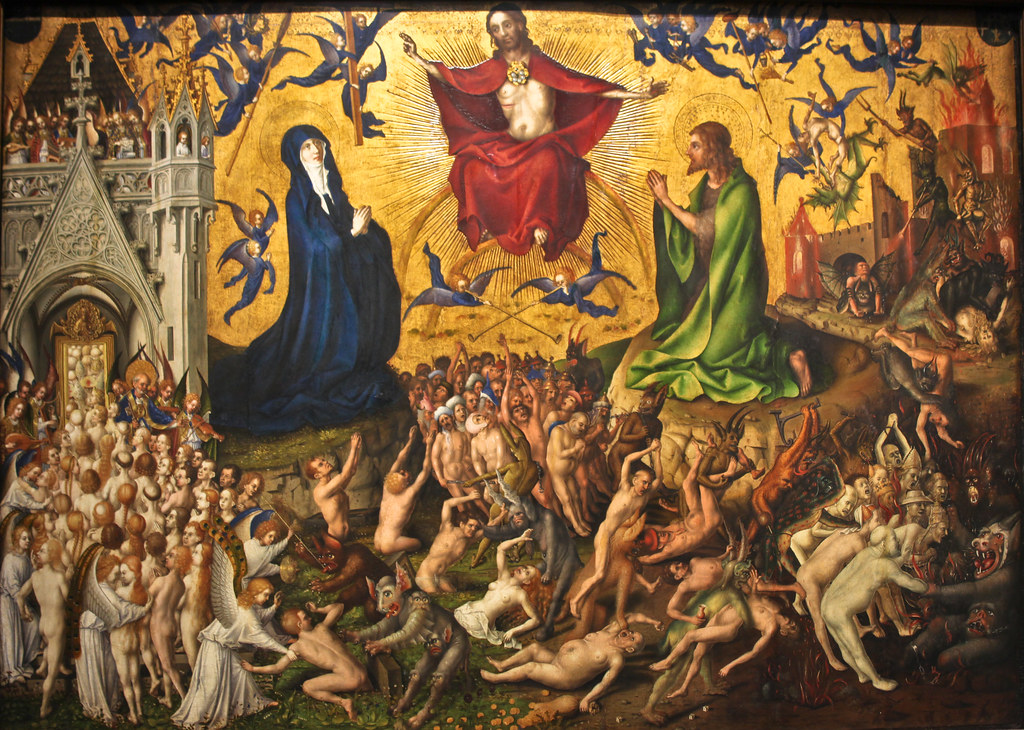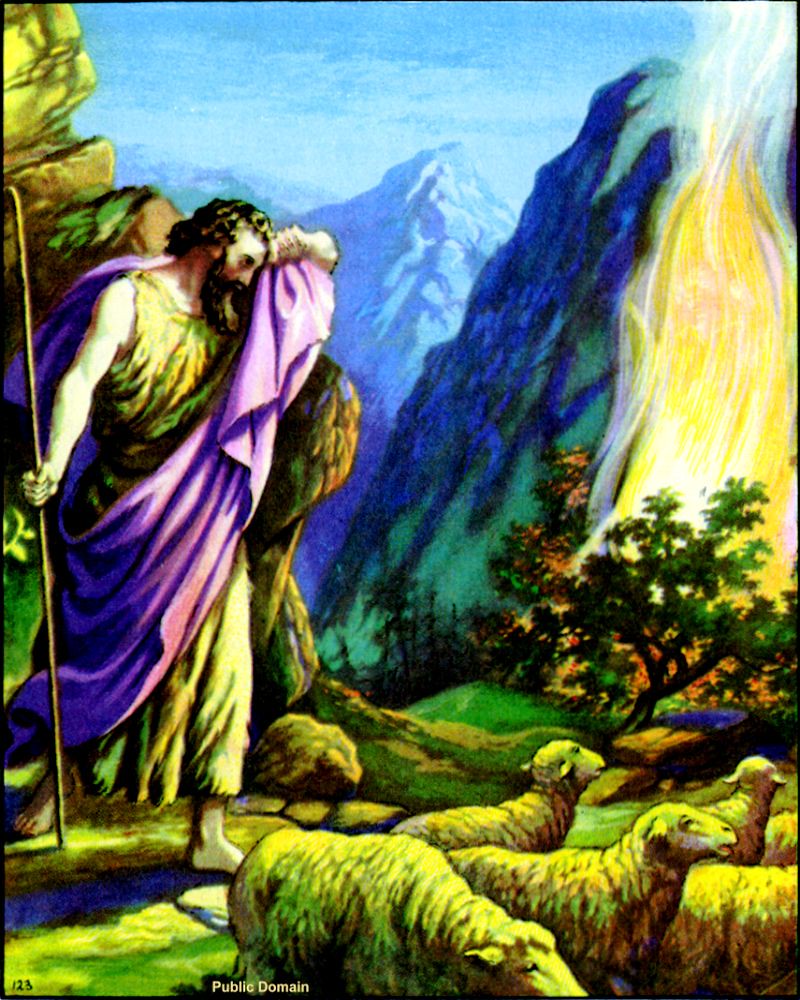In Exodus 10, we witness the continuation of the intense conflict between Pharaoh, the ruler of Egypt, and Moses, the chosen leader of the Israelites. The chapter begins with Moses once again confronting Pharaoh and delivering yet another warning of the impending devastation that will strike Egypt if Pharaoh continues to stubbornly refuse to let the Israelites go.
This time, however, the plague that is unleashed upon Egypt takes the form of locusts. God commands Moses to stretch out his hand over the land, and a strong wind sweeps in, bringing swarms of locusts that cover the entire country. These locusts devour every plant, tree, and crop, leaving nothing in their wake. The devastation is so extraordinary that Egypt is brought to the brink of ruin.
Pharaoh’s servants, witnessing the ruin caused by the locusts, plead with Pharaoh to let the Israelites go, recognizing the futility of resisting the power of God. Pharaoh then summons Moses and Aaron and admits that he has sinned against God and against the Israelites. However, his repentance is fleeting, and his heart is once again hardened. He offers a half-hearted gesture by allowing only the men to leave, while the women, children, and livestock must remain in Egypt.
This proposal is swiftly rejected by Moses, who insists that everyone, young and old alike, must be allowed to go and worship God as instructed. Pharaoh, angered by Moses’ refusal to accept his offer, threatens to have Moses executed if he dares to appear before him again.
In response to Pharaoh’s defiance, Moses warns of the final, devastating plague that will befall Egypt—the death of every firstborn, both man and animal. Moses declares that this event will be so severe that Pharaoh and his servants will ultimately urge the Israelites to depart from Egypt.
Now, let us explore the link between Exodus 10 and the Messianic Jesus. The connection lies in the overarching theme of deliverance and redemption found in both narratives.
In Exodus, we witness the Israelites in a state of bondage and slavery in Egypt. They cry out to God for deliverance, and He raises up Moses as their leader to lead them out of Egypt to the promised land. Throughout their journey, the Israelites experience God’s miraculous interventions and the fulfillment of His promises.
Similarly, in the New Testament, Jesus is presented as the ultimate fulfillment of God’s promise of deliverance and redemption. In Jesus, we find a new exodus, not from physical slavery, but from the bondage of sin and death.
As we examine Exodus 10, we see that the plagues represent God’s judgment on Egypt for their oppression of the Israelites. These plagues also demonstrate God’s power over all creation and His commitment to His people. In the same way, Jesus, through His life, death, and resurrection, demonstrates God’s ultimate judgment on sin and His power to save humanity.
Jesus’ death on the cross can be seen as the ultimate plague, the final judgment against sin. Just as the firstborn of Egypt were slain, Jesus, the sinless Son of God, willingly gave His life as a sacrifice for the sins of the world. His death provided a way for humanity to be set free from the bondage of sin and reconciled with God.
Furthermore, just as the Israelites were set free from the oppressive rule of Pharaoh, believers in Jesus are set free from the oppressive power of sin and the dominion of Satan. Through faith in Christ, we are delivered from spiritual slavery and brought into a new life of freedom in Him.
The parallels between Exodus 10 and the Messianic Jesus reveal a consistent theme of God’s deliverance and redemption. Both narratives highlight God’s power to bring about liberation from bondage and His desire to set His people free. The story of the exodus from Egypt foreshadows the ultimate deliverance achieved through Jesus’ sacrificial death and resurrection.
In conclusion, Exodus 10 portrays the ongoing struggle between Moses and Pharaoh, as God sends the plague of locusts to devastate Egypt. This chapter underscores the theme of deliverance and the consequences of opposing God’s will. The link to the Messianic Jesus lies in the overarching theme of deliverance and redemption found in both narratives. Both Exodus and Jesus’ life, death, and resurrection highlight God’s power to save His people from bondage and His desire to bring about liberation and reconciliation.
#Exodus10 #MessianicLink #JesusChrist #Deliverance #Redemption #Sacrifice #Sin #SpiritualFreedom #DivinePower #GodsJudgment #NewExodus #BiblicalNarratives



